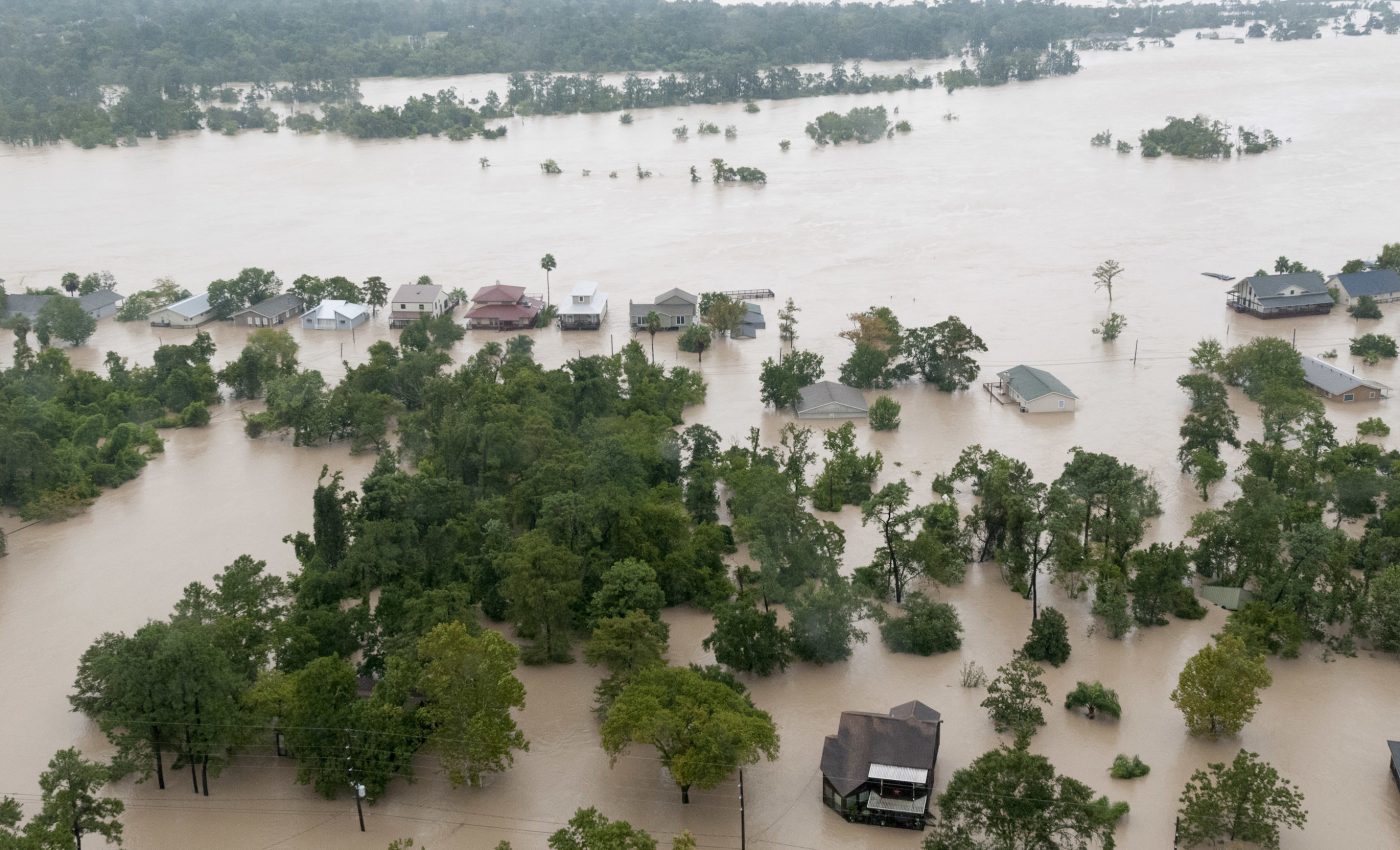
Trump’s EPA head doesn’t consider climate change to be an urgent threat
Andrew Wheeler, the head of the Environmental Protection Agency and former coal lobbyist, spoke to CBS News about what he considers to be the most pressing environmental issues that need to be addressed.
Wheeler told CBS News chief correspondent Major Garrett that first and foremost is the matter of water and ensuring that people have access to safe and clean drinking water.
“We have 1,000 children die everyday worldwide because they don’t have safe drinking water,” said Wheeler. “It takes resources, it takes infrastructure and the United States is working on that. But I really would like to see maybe the United Nations, the World Bank focus more on those problems today to try to save those children.”
Around three in ten people worldwide do not have access to a safe source of drinking water and six out of ten lack proper sanitation, according to the World Health Organization.
Without safe water or sanitation, the risk of diseases like cholera and diarrhea increase drastically, and in some cases, these diseases can be life-threatening especially for younger people.
For Wheeler and the Trump administration, clean drinking water “is the biggest environmental threat” currently facing the world right now, but when Garrett pressed the issue of climate change, the EPA head took a decidedly looser stance.
When Garret asked Wheeler if climate change was human-made, Wheeler responded that we as humans “definitely contribute” to climate change but that in the United States, CO2 emissions are decreasing.
Wheeler said that “most of the threats from climate change are 50 to 70 years out,” and that 2020 Democratic candidates are unreasonably focusing so much of their platform on the issue.
While it’s true that the most significant impacts of climate change may not be felt until later in this century, climate scientists agree that the window of opportunity to limit emissions and prevent catastrophic sea level rise, drought, and climate extremes is closing quickly.
If we wait to address climate change using Wheeler’s frame of thinking, it will be well past the point of no return.
—
By Kay Vandette, Earth.com Staff Writer
Paid for by Earth.com













